Paul Scholes (Part 2)
Paul Scholes (Part 2)
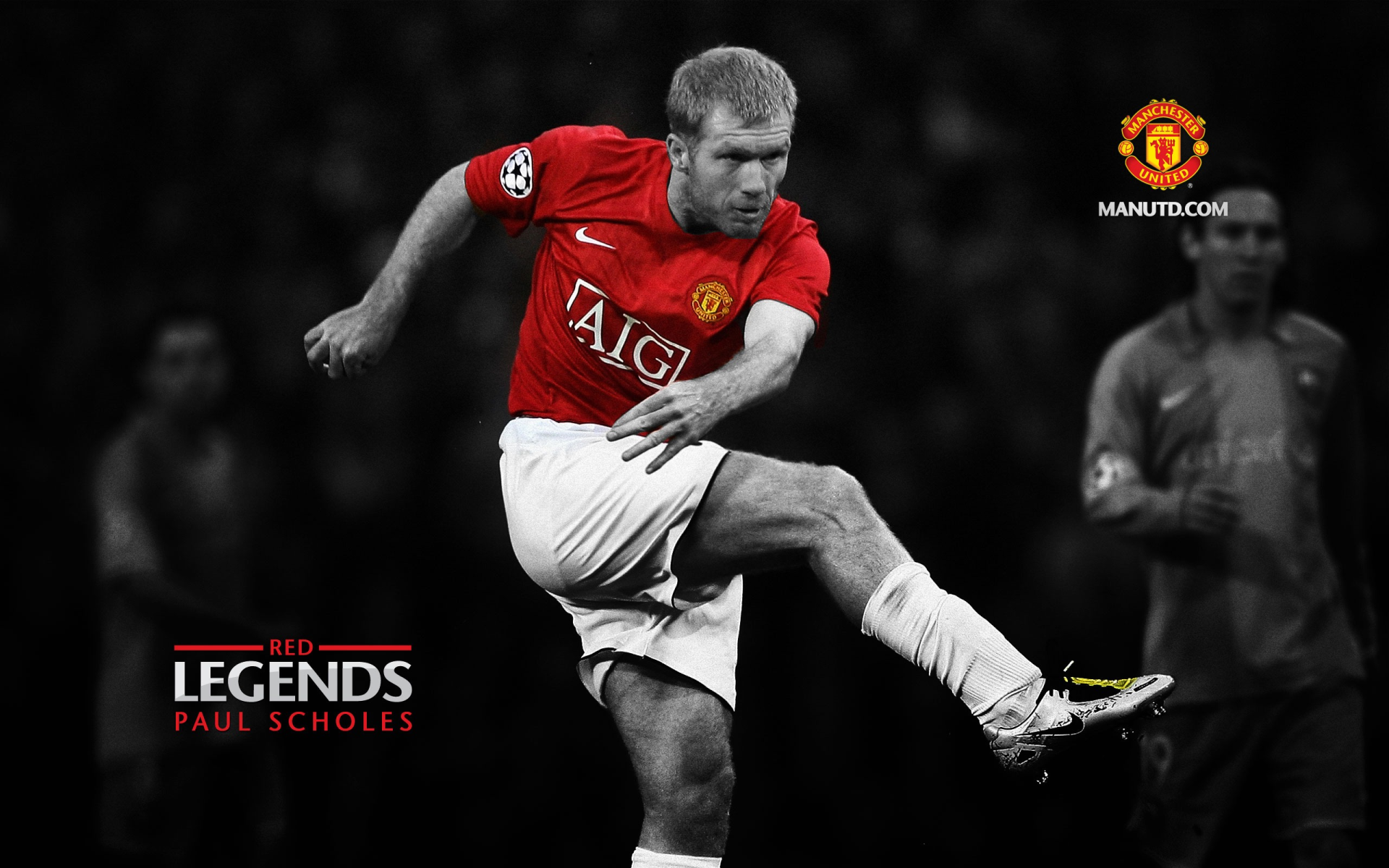
During the 2007-2008 season, Paul Scholes encountered setbacks due to knee ligament damage sustained during a training session before Manchester United's Champions League match with Dynamo Kyiv on 23 October 2007. This injury sidelined him until the end of January 2008. However, upon his return, Scholes made a significant impact, scoring the only goal in the second leg of the Champions League semi-final against Barcelona, sending United into the final. Unfortunately, he suffered an injury during the final against Chelsea and was substituted in the 87th minute. Although he missed the penalty shoot-out, United emerged victorious, securing the Champions League title.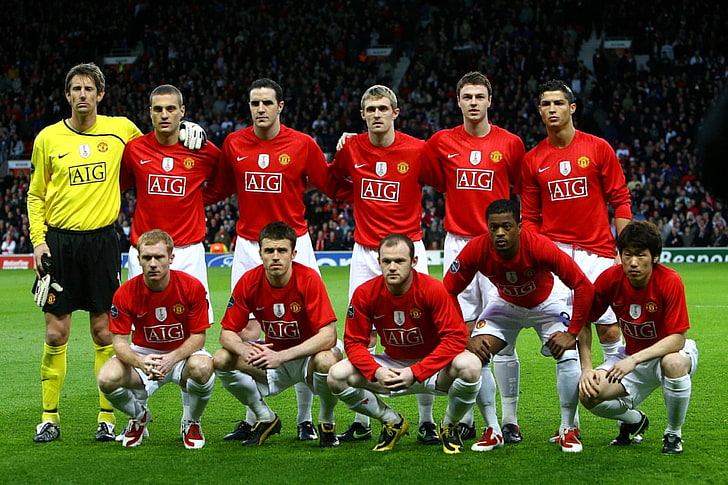
In April 2009, Scholes marked his 600th appearance for Manchester United in a 2-0 victory over Portsmouth. He continued to demonstrate his prowess in European competitions, scoring his third Champions League goal of the season against AC Milan in February 2010. This goal made him the first player to score against both Inter Milan and AC Milan at the San Siro in the Champions League.
Scholes further solidified his legendary status by becoming the 19th player in Premier League history to score 100 goals, achieving this milestone in March 2010 with a goal against Wolverhampton Wanderers. He signed a new one-year contract with United in April 2010, extending his stay at the club until the end of the 2010-2011 season.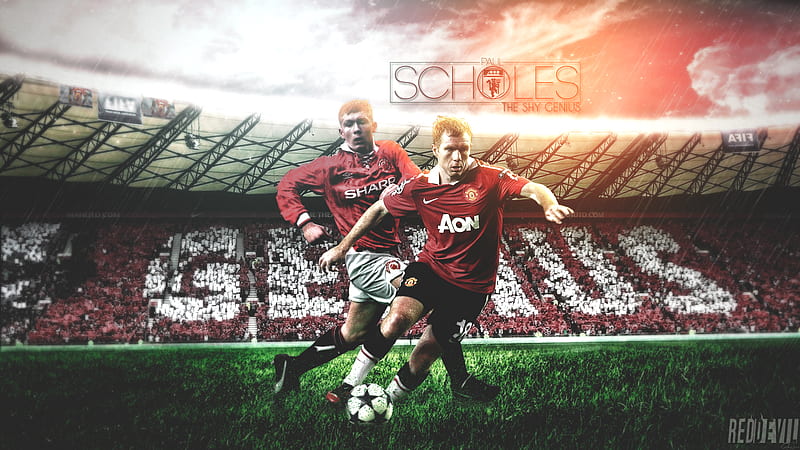
The 2010-2011 season saw Scholes continue to excel, earning man of the match performances against Chelsea and Newcastle United. He scored his 150th goal for United in a draw against Fulham and was awarded the Premier League Player of the Month for August 2010. However, his season ended on a sour note as he was sent off in the FA Cup semi-final against Manchester City.
Scholes announced his retirement from professional football on 31 May 2011 and immediately joined the coaching staff at Manchester United. To honor his illustrious 17-year career at the club, United held a testimonial match for Scholes on 5 August 2011, where he scored a goal in front of a sell-out crowd at Old Trafford.

After training with Manchester United's reserve team, Paul Scholes felt the desire to return to football. He approached Alex Ferguson and assistant manager Mike Phelan about coming out of retirement, either for United or another club if they declined to take him back. Given United's midfield injury crisis, Scholes made his comeback on 8 January 2012 as a substitute in a 3-2 FA Cup victory over Manchester City.
Scholes made an immediate impact, scoring his first goal since returning in his first start against Bolton Wanderers in a 3-0 win at Old Trafford. This goal extended his streak of scoring in every Premier League season since 1994-95. He continued to contribute with goals, scoring against Norwich City and Queens Park Rangers in crucial league matches.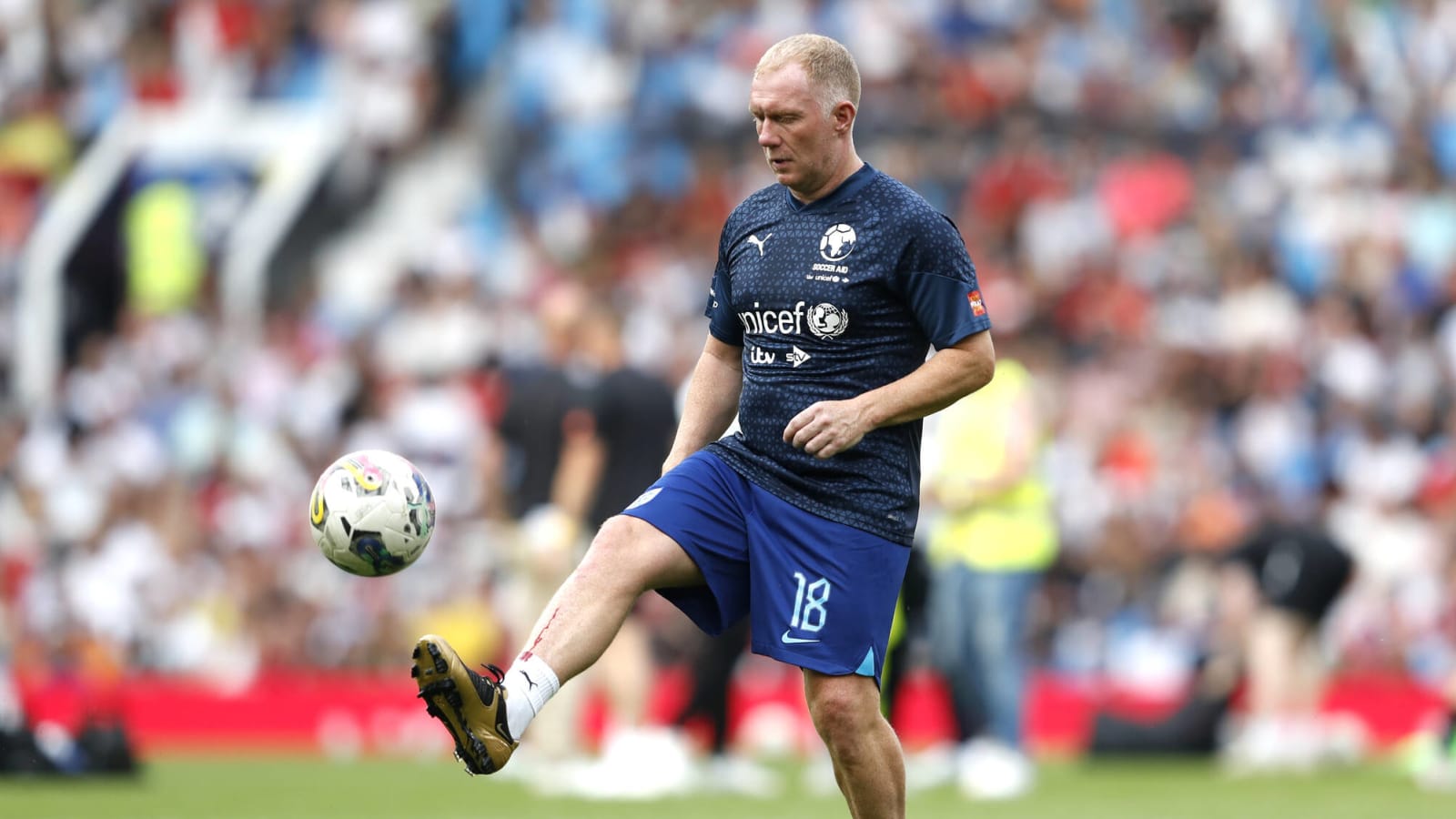
On 30 May, Scholes signed a one-year extension with Manchester United, extending his stay until the summer of 2013. He marked his 700th appearance for the club by scoring in a 4-0 win against Wigan Athletic on 15 September 2012, extending his streak of scoring in consecutive Premier League seasons. However, he announced his second and final retirement from football on 11 May 2013, with his last professional league appearance coming on 19 May 2013 against West Bromwich Albion as a substitute. During this match, Scholes received his 97th Premier League yellow card, ranking him third in Premier League history at the time.
In August 2018, at the age of 43, Paul Scholes briefly ended his retirement from football and made a comeback to play a match for his son's team, Royton Town, in the Manchester Football League Premier Division. In this match against Stockport Georgians, Royton Town suffered a 1-0 defeat. Scholes continued to make appearances for Royton Town, playing in matches against Poulton in the Lancashire FA Amateur Shield and in the reverse league fixture against Stockport Georgians.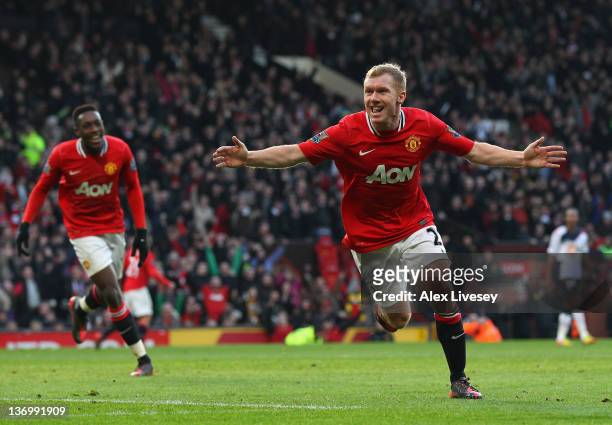
Paul Scholes had a notable international career representing England at various levels. He made his debut for the England senior team on 24 May 1997 as a substitute against South Africa, scoring his first goal for England in his second appearance against Italy. Scholes was included in the England squad for the 1998 FIFA World Cup, where he scored a goal against Tunisia in the group stage.
His international career continued with highlights such as a hat-trick against Poland in March 1999 and scoring both goals in England's win over Scotland in the UEFA Euro 2000 play-off. Scholes became a key player in England's midfield, participating in the 2002 FIFA World Cup. However, he announced his retirement from international football in August 2004, prioritizing his family life and club career with Manchester United.
Despite speculation and offers from subsequent England managers, including Steve McClaren and Fabio Capello, Scholes declined opportunities to return to international football, preferring to spend time with his family. He expressed some regret over not taking the opportunity to play at another World Cup, but ultimately stood by his decision to focus on his club career and personal life.
Paul Scholes was celebrated for his exceptional technical abilities, including precise passing, intelligent movement, and powerful shooting from long distances. Despite starting his career primarily as a striker, he evolved into a versatile midfielder capable of playing various roles due to his stamina, vision, and positional awareness. Scholes was known for his late runs into the box, ability to read the game, and control the tempo of play.
Although not known for pace or dribbling skills, Scholes compensated with a sharp mind, excellent awareness, and effective link-up play. He could operate as a deep-lying playmaker or in a box-to-box role, initiating attacking plays with his passing range. Occasionally, he was deployed in an advanced creative position or on the left flank for both club and country.
However, Scholes faced criticism for his tackling, which some deemed reckless or malicious. While admired for his overall game, some pundits questioned his discipline, suggesting he escaped harsher punishment due to his reputation. Arsène Wenger, in particular, criticized Scholes' tackling style, although Scholes defended himself by stating that he wasn't a bad tackler but acknowledged retaliating if fouled early in a game.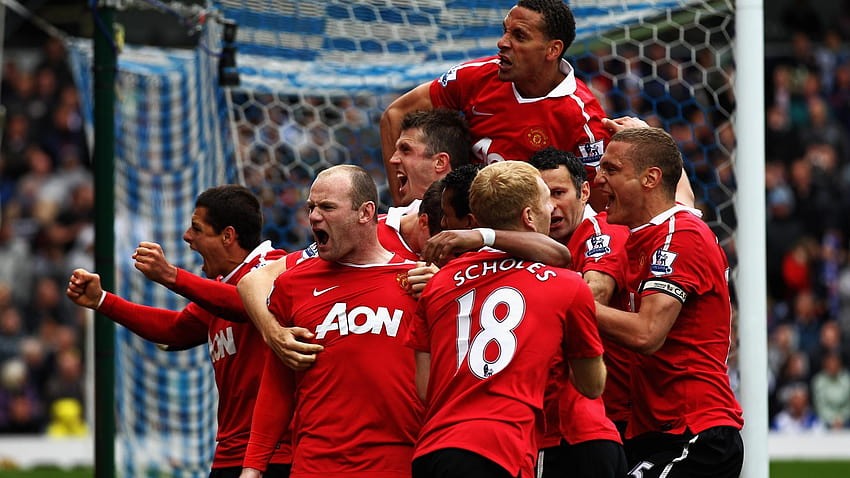
References
- "Carlos Tevez denies Lionel Messi feud, hails Paul Scholes as best passer". ESPN FC. 24 February 2015. Retrieved 12 September 2019.
- ^ Hansen, Alan (17 August 2010). "Alan Hansen's column". BBC Sport. British Broadcasting Corporation.
- ^ Landolina, Salvatore (20 May 2011). "Pep Guardiola: Manchester United's Paul Scholes is the best of his generation". goal.com. Barcelona. Retrieved 20 May 2011.
- ^ Wilson, Paul (26 August 2017). "Gareth Southgate: Wayne Rooney stood out even among golden generation". The Guardian. Retrieved 14 March 2019.
- ^ Swan, Rob (16 November 2021). "Paul Scholes's reaction to praise from Messi, Ronaldo, Zidane and other football greats". GiveMeSport. Retrieved 25 September 2023.
- ^ "Inclusion of Paul Scholes could have made difference - reaction to England exit". The Independent. London. 25 June 2012. Archived from the original on 25 May 2022.
- ^ "Exclusive - Wilkins: Scholes could have been England's Pirlo at Euro 2012". Talksport. 28 June 2012.
- ^ Keegan, Mike (27 March 2014). "Class of '92 stars agree deal to buy Salford City FC". Manchester Evening News. Retrieved 27 March 2014.
- ^ "Gary Neville, Phil Neville, Ryan Giggs, Paul Scholes and Nicky Butt agree deal for Salford City FC". Sky Sports. 27 March 2014. Retrieved 7 August 2014.
- ^ Robson, James (7 August 2014). "Class of 92 have big plans for Salford City". Manchester Evening News. Retrieved 7 August 2014.
- ^ Keegan, Mike (9 May 2014). "Class of 92 to play in Salford City friendly". Manchester Evening News. Retrieved 7 August 2014.



































